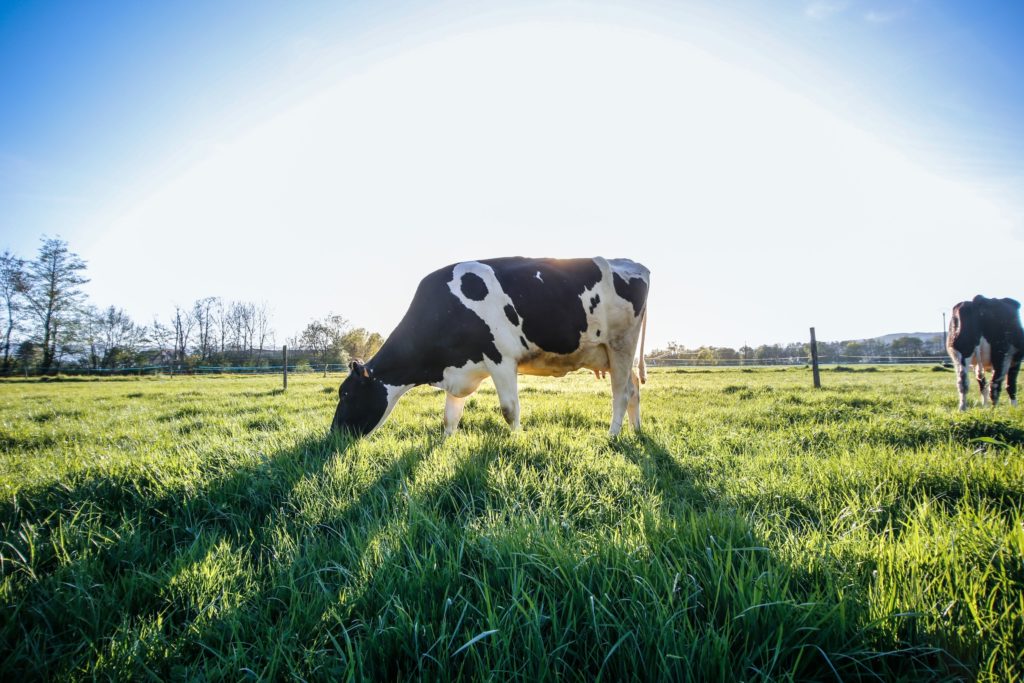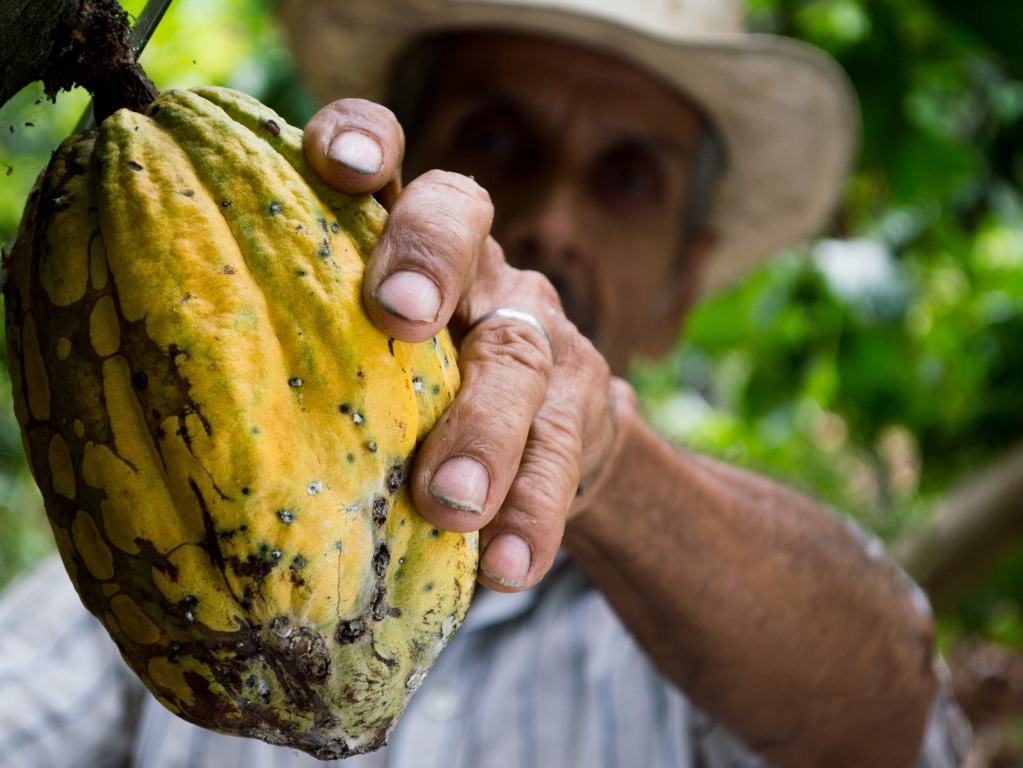3 Mins Read
The E.U.’s decision to regulate deforestation-related commodities comes in response to the growing concern about its impact on climate change and biodiversity loss. And it could bring more focus to the U.S. Forest Act.
The European Union has approved a landmark ban aimed at banning imports of foods linked to deforestation, including coffee, beef, cocoa, and soy.
What the ban stipulates
The new ban requires companies that sell goods into the E.U. to produce a due diligence statement and “verifiable” information that can prove their goods were not grown on land deforested after 2020. Failure to comply will bring hefty fines — as much as 4 percent of turnover.
The ban is designed to eliminate deforestation from the supply chains of everyday items sold in Europe. The list includes soy, beef, palm oil, wood, cocoa, coffee, rubber, charcoal, and derived products including leather, chocolate, and furniture.

According to the latest data, deforestation is responsible for about ten percent of global greenhouse gas emissions. But it’s also a key contributor to biodiversity loss. According to the World Economic Forum, wildlife populations have declined by an average of 69 percent in the past 50 years.
“European consumers can now rest assured that they will no longer be unwittingly complicit in deforestation,” Parliament’s negotiator on the ban, Christophe Hansen, said in a statement.
The ban has been approved by the E.U. Parliament and agreed by E.U. negotiators. It now requires formal approval from EU countries, and then large companies would have 18 months to comply; smaller firms would have 24 months.
Pushback and ripple effects
Pushback has come from some affected countries, including Indonesia and Malaysia, the world’s largest palm oil exporters, who say the E.U. is blocking access to their largest export. Smallholder producers would struggle to meet the demands and comply with the requirements. Brazil, the world’s largest beef exporter, also criticized the ban. It says the country already has deforestation measures in place.

A similar measure could soon come to the U.S.; The Forest Act was introduced in the Senate in 2021 but stalled and never went up for vote.
But the E.U. legislation could reignite stateside urgency, particularly as the U.S. is coming into an election cycle with a record number of young voter turnout expected in 2024.
And those young voters are more concerned with the environment than older voters — even if they vote Republican. According to a 2021 Pew Research poll nearly half of Gen Z and Millennial Republicans said climate action needs to be a priority for lawmakers.
Sen. Brian Schatz of Hawaii, who sponsored The Forest Act plans to reintroduce it to Senate this spring.
“The E.U. is shutting its borders to products of deforestation, and the United States needs to follow suit,” Schatz told the Guardian. “If we do nothing, the U.S. market will become a dumping ground for commodities that can no longer make their way into Europe.”




